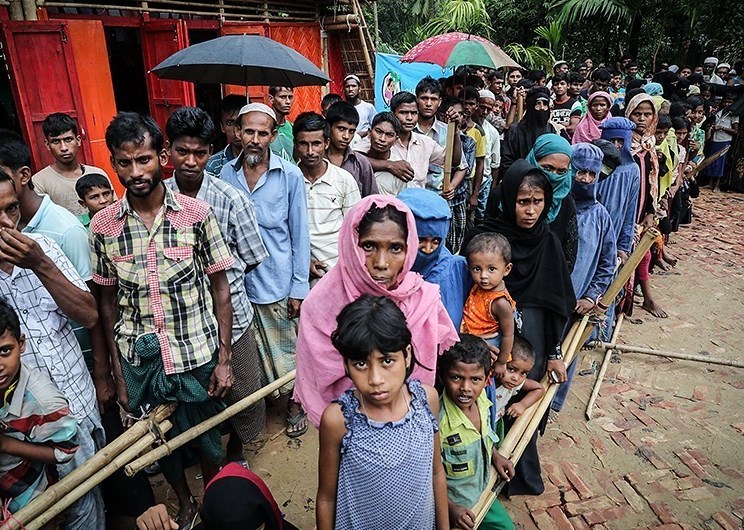There are a lot tourists advising against foreign travel to Myanmar since the Rohingya genocide. I decided to visit Myanmar anyway. When I arrived, I was told by industry insiders that visitor numbers were way down on previous years. This is due to 2 reasons: boycotts to protest against the genocide; and the erroneous belief that the whole country is under siege and is therefore not safe to visit.
Background
Muslims have been persecuted in Myanmar for centuries. The Rohingya are the largest Muslim minority in Myanmar. A law introduced in 1982 denies citizenship to those who cannot prove their ancestry in Myanmar back to 1823. This disenfranchised Rohingya despite many having lived in Myanmar for generations. In response to an insurgent attack on police outposts in 2017, the Burmese army committed disproportionate mass atrocities including razing of whole villages, gang rape and murder, forcing over half a million refugees to flee to camps in neighbouring Bangladesh.
The case for and against
The arguments against visiting Myanmar are as follows:
- The tourist industry is controlled by the generals of the former military regime. The military carried out the genocide. Therefore, by supporting the tourist industry, you are directly financing the genocide.
- By the mere fact of visiting the country, you are tacitly supporting the genocide.
The counter-arguments to this are as follows:
- Boycotting will not hurt the general’s financially as they have many other business interests. It is therefore pointless, as they will not change their behavior. The truth is, it is not known how much the Myanmar government makes from tourism and if they are sensitive to this type of protest. So far, the indications are they aren’t taking any notice.
- Small businesses run by ordinary Myanmar people will suffer. These people depend on tourism for their livelihood and are suffering badly.
- Despite the genocide, Myanmar has made great strides in recent year’s since the transition of power to partial civilian rule. Isolating Myanmar could entrench the hardliner’s power and herald a return to the “dark days”.
There is another point to consider – consistency and hypocrisy. If you were to boycott every country for committing terrorist attacks or vile atrocities against its people, you would also boycott the United States for committing war crimes in Iraq, Israel for continued persecution of the Palestinians, China for repression of the Uyghurs, or Britain and Germany for providing arms to Saudi Arabia in the their brutal war in Yemen. There are vile and reprehensible governments everywhere. Where do you draw the line?
My Opinion
My view is that you cannot blame the people for the actions of its government. It is true in Myanmar the majority of Burmese do not side with the plight of the Rohingya, who they consider to be illegal immigrants and call “Bengalis”. An example – one guy I met, claimed the whole affair was part of a greater conspiracy on the part of Bangladesh to gain control of oil reserves in the Bay of Bengal. There is obviously a great deal of ignorance and brainwashing. But can you blame a people for their lack of education or access to a free press?
Secondly, by stepping foot in a country, does it make you complicit in the crimes of its government? If you applied this logic to say, North Korea, then tourists making going on organised trips there would be complicit in the internment of an estimated 200 000 Koreans in forced labour camps – a ridiculous assertion.
Conclusion
Obviously, this is a very complex issue and ultimately, it is a personal decision to visit Myanmar or not. I made the decision to go there. It is up to you to make the best decision for yourself.
*Photo credit: Tasmin News Agency. CC by 4.0
